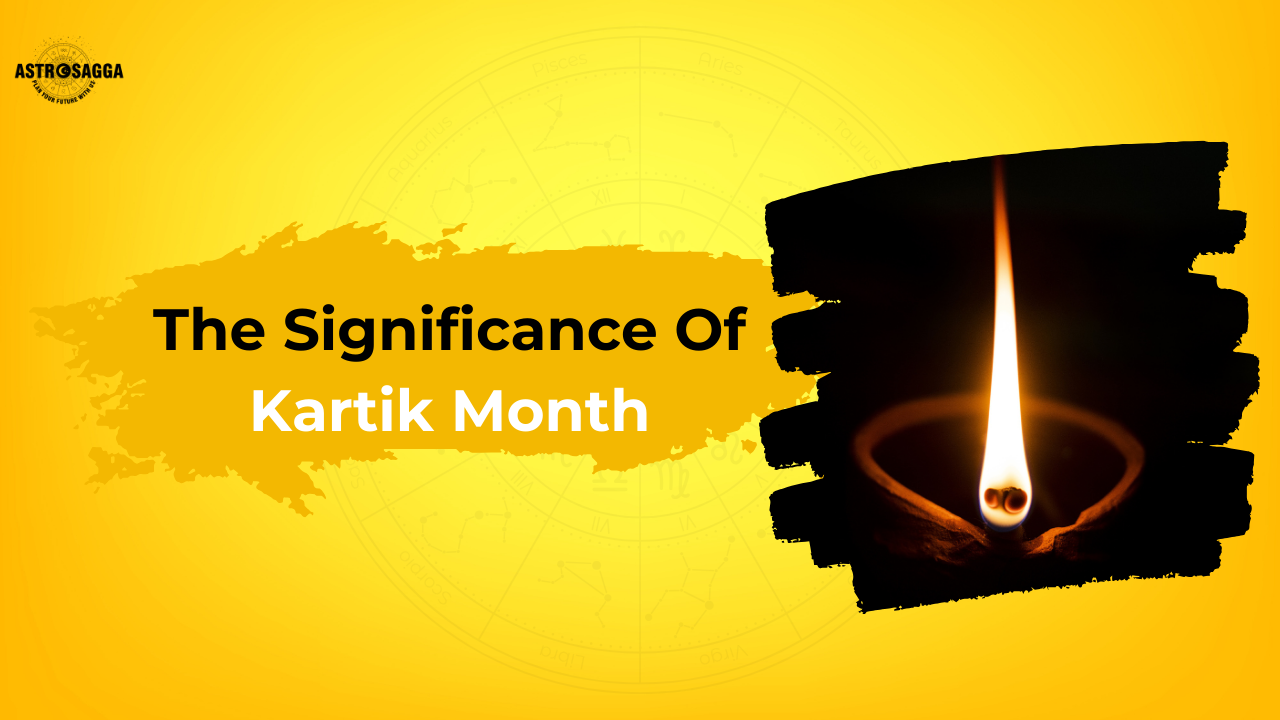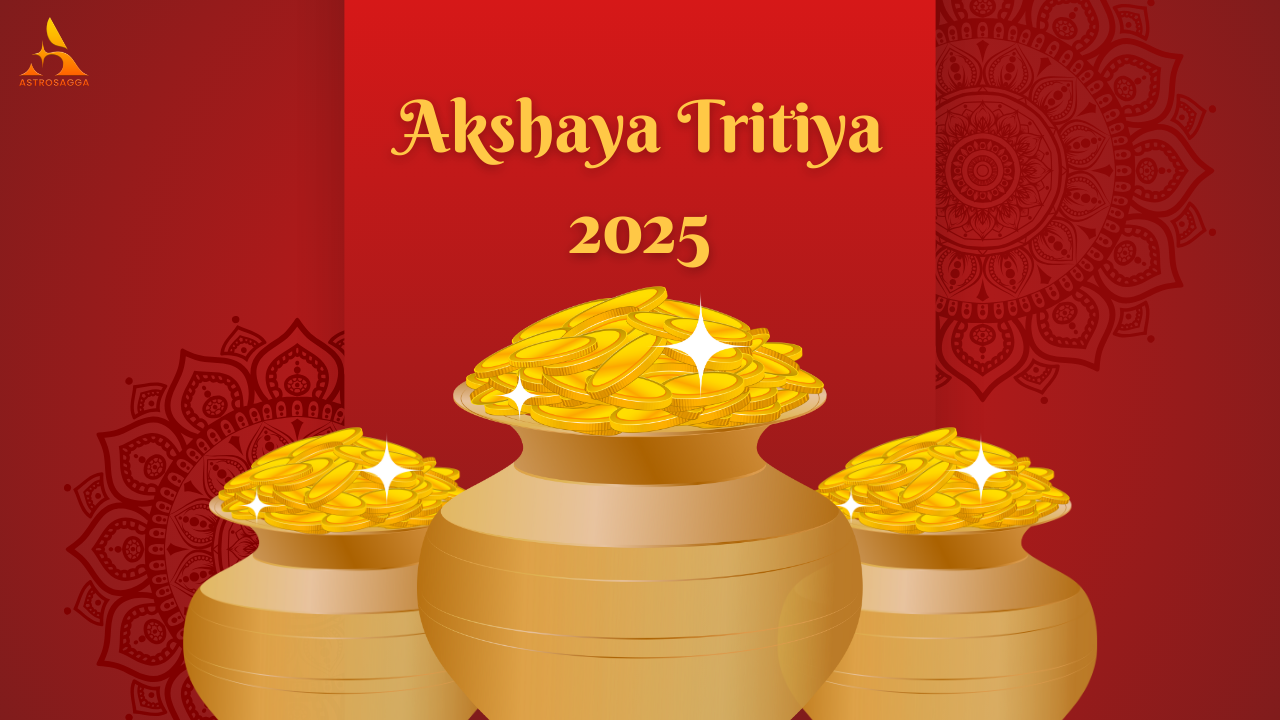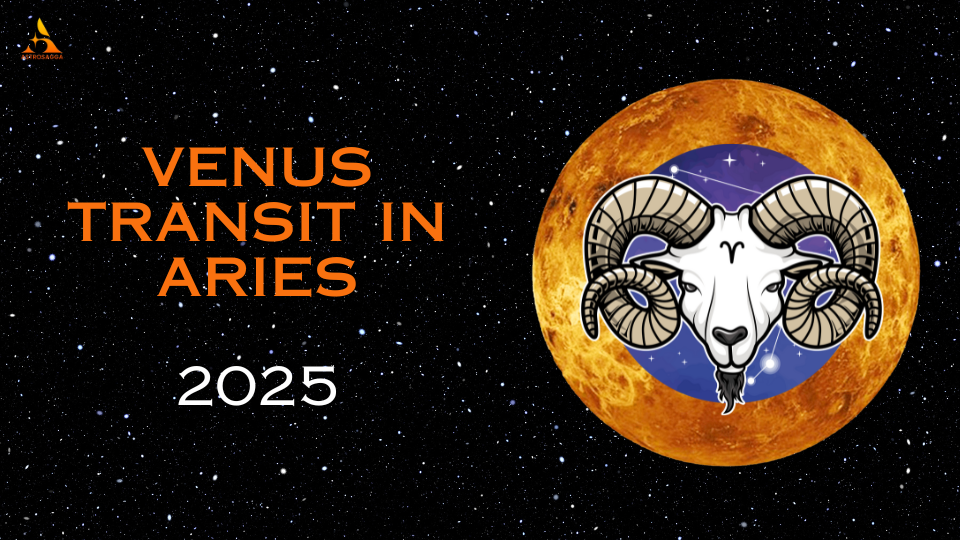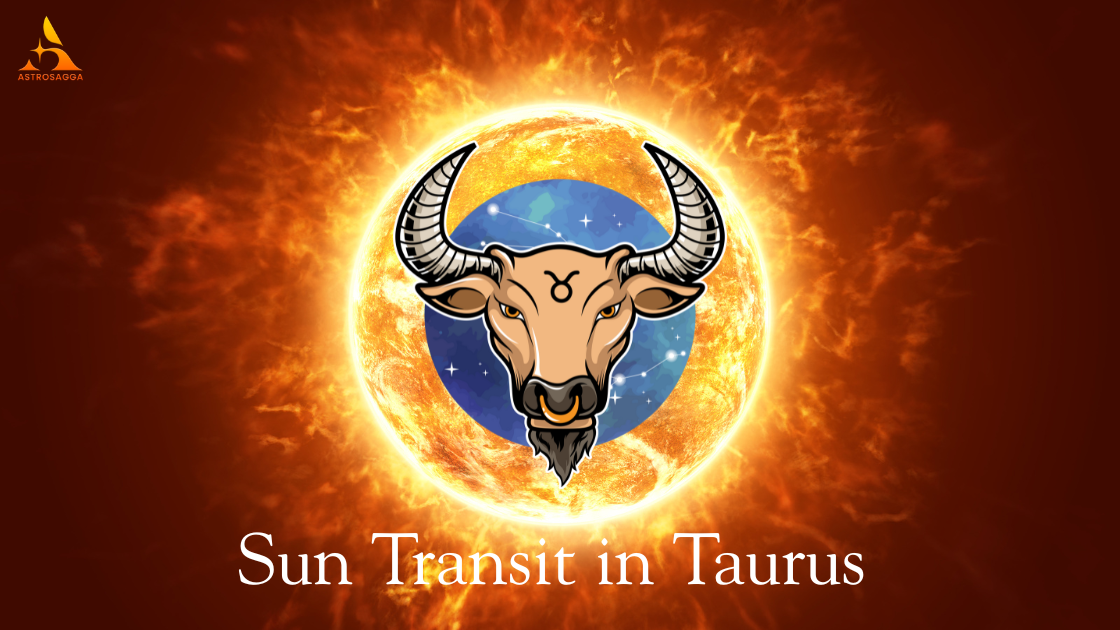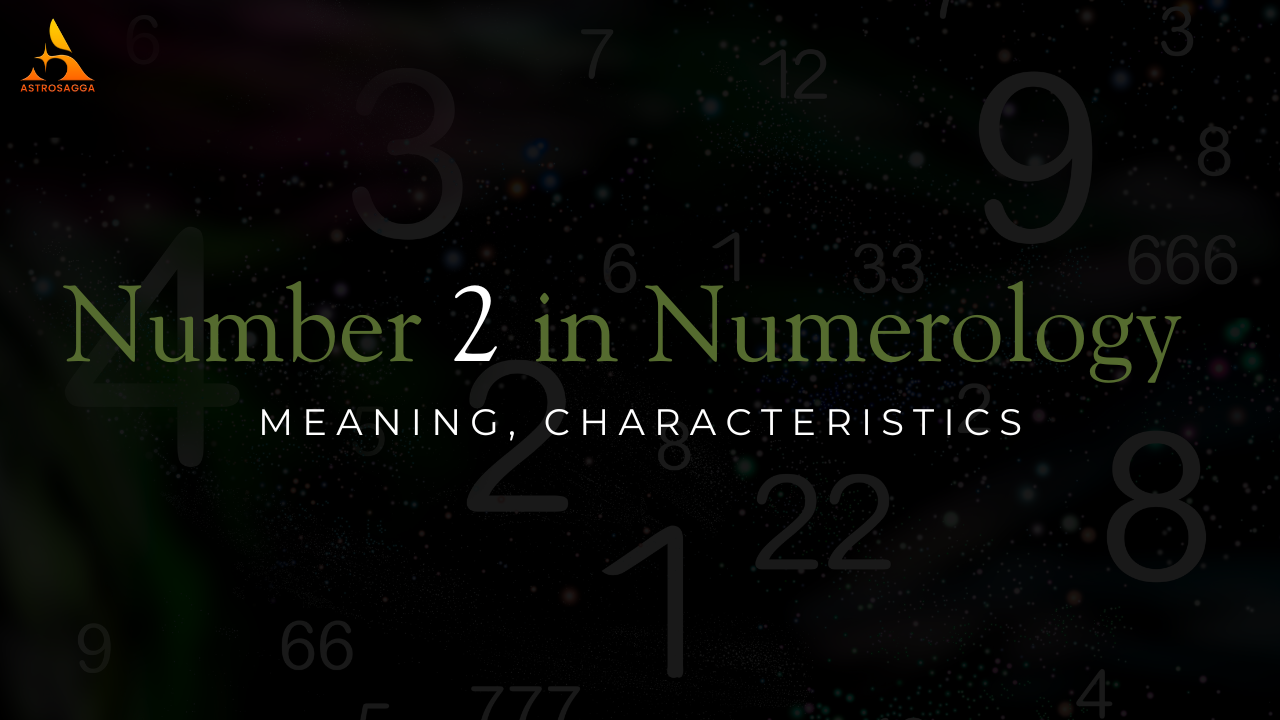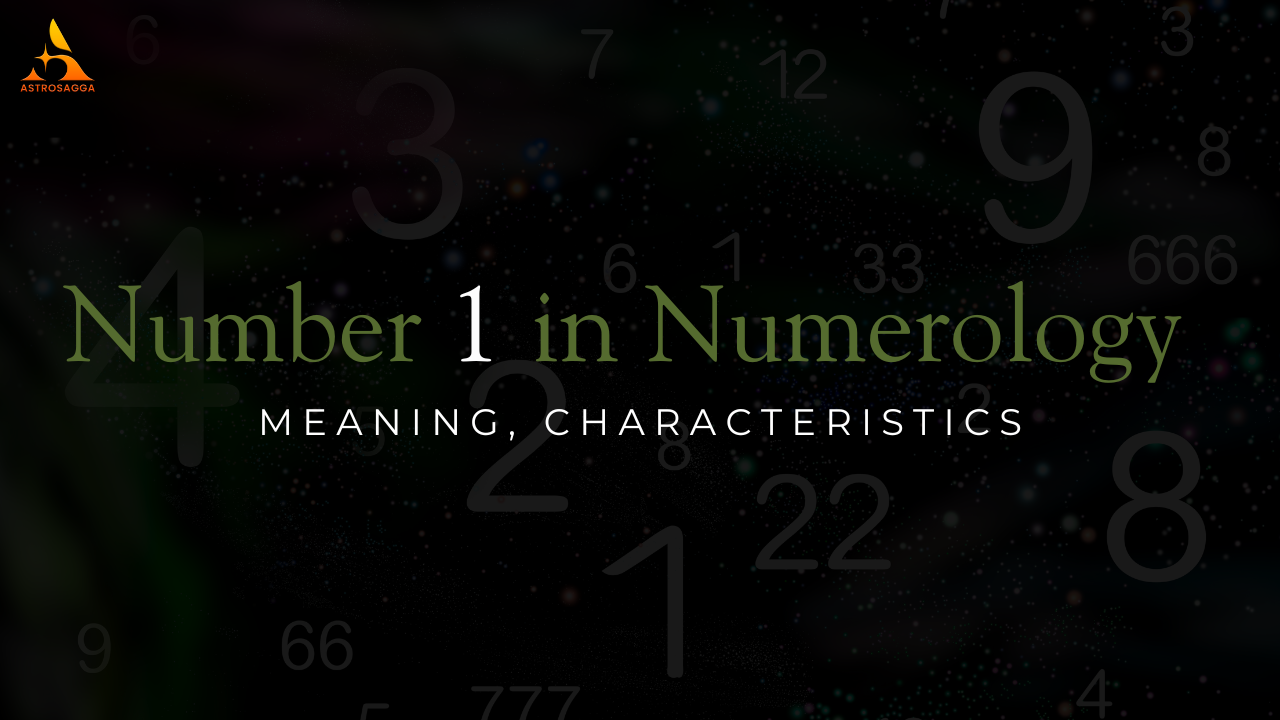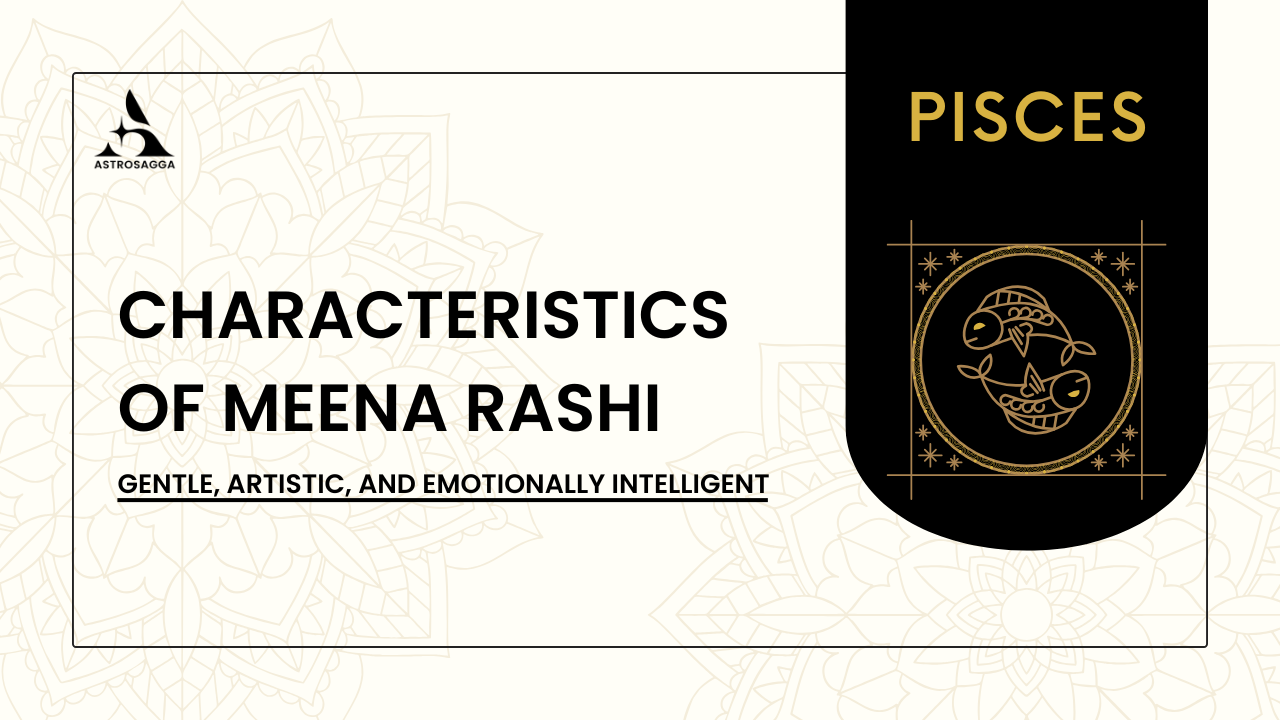The month of Kartik holds a special place in Hinduism, marked by devotion, religious practices, and rituals that foster spiritual growth. Known as the holiest month in the Hindu calendar, Kartik falls between October and November, during which devotees engage in fasting, prayers, and charity. Kartik month is dedicated to Lord Krishna, with rituals and celebrations that connect deeply with ancient scriptures and texts like the Puranas, Vedas, and Upanishads.
Kartik Month and Its Spiritual Importance
Kartik month is often referred to as "Damodar month" in honor of Lord Krishna, who is worshipped in his childhood form as Damodar. The scriptures emphasize the importance of this month for seeking divine blessings, performing religious acts, and purifying the soul.
The Padma Purana (Uttara Khanda 112.3) states: "Among all twelve months, the Kartik month is dear to me, for it gives immense merit and brings one closer to liberation."
In Hinduism, this month is associated with special rituals like lighting lamps, chanting mantras, and taking dips in sacred rivers. The spiritual energy of Kartik month is believed to be enhanced, making it an ideal time for self-reflection and meditation.
Scriptures and the Importance of Kartik Month
The significance of Kartik month is mentioned in several Hindu scriptures, including the Skanda Purana, Padma Purana, and Vishnu Purana. These texts provide insight into the divine activities during this month and the merit gained by engaging in religious practices.
According to the Padma Purana, anyone who observes fasts, bathes in holy rivers, and worships Lord Vishnu during Kartik will attain eternal spiritual benefits. The Vishnu Purana also highlights the importance of Tulsi (holy basil) worship during Kartik, a practice that is said to please Lord Vishnu immensely. Lighting lamps in the temple or at home, especially in front of the Tulsi plant, brings immense blessings.
"By observing the vows and offering ghee lamps to Lord Krishna during Kartik, one achieves unlimited spiritual merit." (Padma Purana 6.242.29)
The Skanda Purana adds that devotees who light lamps in honor of Lord Krishna, the preserver of the universe, during Kartik, earn the grace of Lord Vishnu and attain salvation.
Read Also - How Rin Mochan Mangal Stotra Helps Overcome Debt
Rituals and Practices of Kartik Month
1. Kartik Snan (Holy Bathing)
The Kartik month is marked by the ritual of Kartik Snan (holy bathing). Devotees wake up before sunrise and take a bath in sacred rivers or water bodies. According to Hindu belief, this practice washes away sins and brings immense spiritual benefits.
The Brahma Purana explains: "One who takes a dip in a holy river during Kartik month is freed from the cycle of birth and death and attains liberation."
Bathing in the rivers Ganga, Yamuna, or any holy river during Kartik is highly recommended. The act of bathing is not only a physical cleansing but a symbol of spiritual purity.
2. Lighting Lamps (Deep Daan)
Lighting lamps during the Kartik month, particularly in the evening, is an essential ritual known as Deep Daan. Devotees light lamps to honor Lord Krishna and the deities, symbolizing the removal of ignorance and the illumination of wisdom.
The Skanda Purana mentions: "He who offers a lamp to Lord Vishnu during Kartik with devotion will never experience suffering in this world or the next."
Lamps are often lit near the Tulsi plant, as worshipping Tulsi during Kartik is considered highly auspicious. It is believed that Lord Vishnu resides in the Tulsi plant, and offering prayers to her brings protection, prosperity, and divine grace.
3. Tulsi Vivah
In Kartik, the Tulsi Vivah ceremony is celebrated, marking the symbolic wedding of Lord Vishnu with Tulsi Devi. According to Padma Purana, Tulsi Vivah signifies the divine union and is believed to remove past sins and ensure a prosperous and peaceful life.
The Skanda Purana further explains that: "Observing Tulsi Vivah rituals bestows the same merit as performing grand fire sacrifices or Yajnas."
4. Ekadashi Fasting
Ekadashi fasting holds significant importance during Kartik, especially on Dev Uthani Ekadashi, when Lord Vishnu is believed to awaken from his cosmic sleep. Fasting on Ekadashi purifies the body and mind, leading to spiritual progress. This practice has been emphasized in various scriptures, such as the Padma Purana and Bhagavad Gita.
As per the Padma Purana: "Observing fast on Kartik Ekadashi with pure devotion leads one to the path of liberation and destroys all sinful reactions."
5. Kartik Purnima
Kartik Purnima, also known as the Full Moon of Kartik, is the most important day of the month. It marks the end of the Kartik festival and is celebrated with great fervor. On this day, Lord Vishnu is worshipped in his Matsya (fish) avatar, symbolizing the protection of creation.
According to the Skanda Purana: "Bathing in sacred rivers on Kartik Purnima and performing charity on this day brings immense merit and blessings from the divine."
The day also marks the conclusion of the holy month, where devotees offer special prayers and engage in charitable acts, as Kartik Purnima is known for the auspiciousness of giving.
The Benefits of Observing Kartik Month
1. Purification of Mind and Soul
Observing rituals, fasting, and prayers during Kartik month purifies the mind and soul. It creates a spiritual environment that helps devotees connect deeply with their inner self and the divine. The Padma Purana emphasizes that the benefits of religious acts performed in Kartik multiply manifold, bringing blessings for the future.
2. Favorable Planetary Energies
Astrologically, the Kartik month brings favorable planetary energies, with the presence of the Sun in Libra and the Moon's influence during this time. Devotees attune themselves to the cosmic energies, enhancing the effectiveness of their spiritual practices. The Brahma Vaivarta Purana mentions the importance of this period for balancing the mind and spirit.
3. Attaining Moksha (Liberation)
Kartik month is considered a fast track to achieving Moksha, the ultimate liberation from the cycle of birth and death. The Padma Purana states that one who observes the vows of Kartik with faith and devotion will attain eternal bliss in Vaikuntha, the abode of Lord Vishnu.
Conclusion
Kartik month is a time of immense spiritual potential, as highlighted in various Hindu scriptures. It offers an opportunity to purify the soul, gain divine blessings, and move closer to liberation. Engaging in Kartik rituals such as holy bathing, lighting lamps, fasting, and performing charity not only brings spiritual fulfillment but also aligns the individual with the divine energies of the universe. This sacred month encourages devotees to deepen their connection with Lord Vishnu and Lord Krishna, fostering growth in their spiritual journey.
As the scriptures guide, observing Kartik with devotion and sincerity opens the doors to immense spiritual rewards, making it one of the most significant months in the Hindu calendar.
If you are willing to know about your life's precise predictions, download the best astrology app AstroSagga now!


